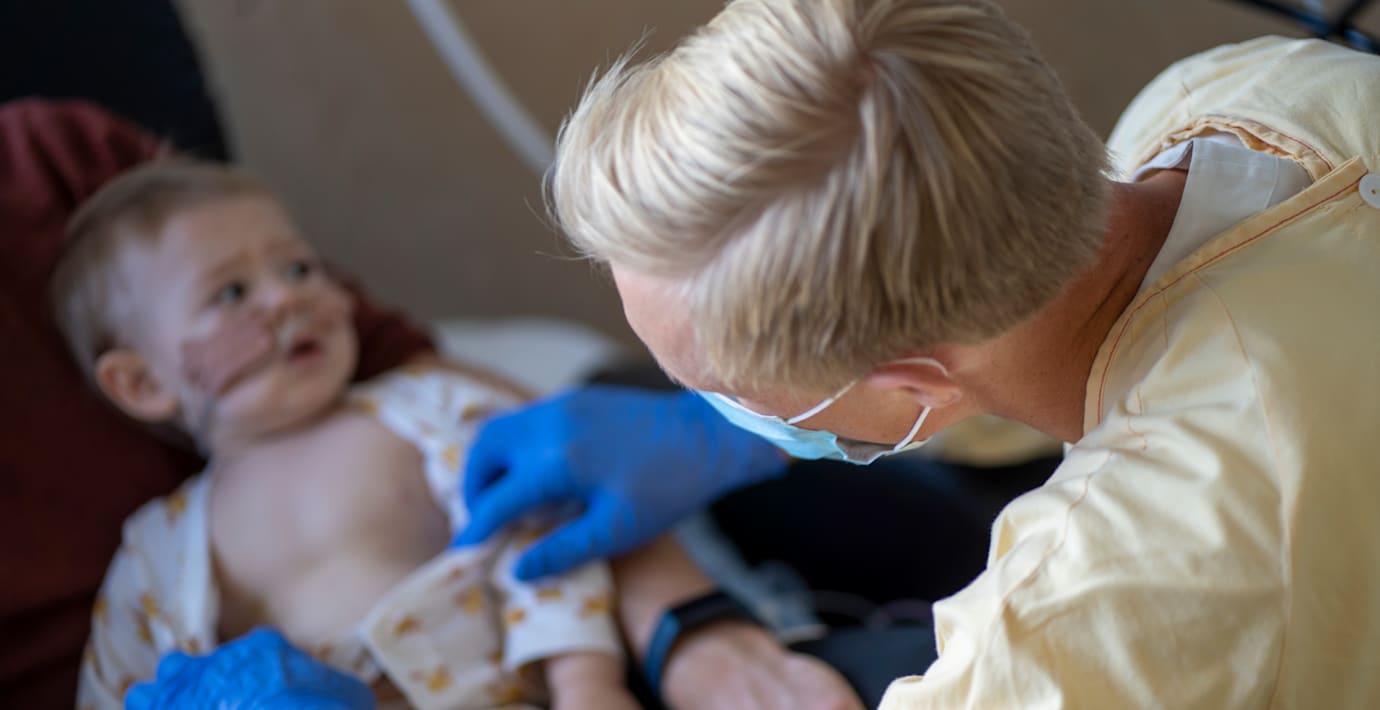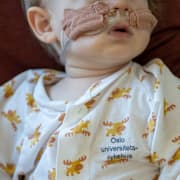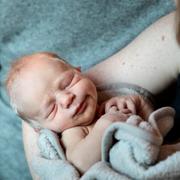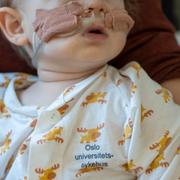
RS-viruset ökar kraftigt – många barn på sjukhus
Runt om i världen larmar läkare om en RS-virusvåg, och även i Sverige har spridningen tagit fart. Enligt Folkhälsomyndigheten rapporterades 339 fall in förra veckan – 40 procent fler än veckan innan, rapporterar Aftonbladet.
Jönköpings län är ett av de värst drabbade – där har många barn behövt vårdas på sjukhus. Länets barnklinik, barnhälsovård och smittskyddsenhet har gått ut med gemensamma rekommendationer.
– Spädbarn smittas ofta av sina äldre syskon. För att minska risken att få in smittan i familjen rekommenderar vi nu familjer med spädbarn att låta syskon stanna hemma från förskolan, säger smittskyddsläkaren Malin Bengnér.
bakgrund
RS-virus
Wikipedia (en)
Respiratory syncytial virus (RSV), also called human respiratory syncytial virus (hRSV) and human orthopneumovirus, is a common, contagious virus that causes infections of the respiratory tract. It is a negative-sense, single-stranded RNA virus. Its name is derived from the large cells known as syncytia that form when infected cells fuse.RSV is the single most common cause of respiratory hospitalization in infants, and reinfection remains common in later life: it is an important pathogen in all age groups. Infection rates are typically higher during the cold winter months, causing bronchiolitis in infants, common colds in adults, and more serious respiratory illnesses such as pneumonia in the elderly and immunocompromised.RSV can cause outbreaks both in the community and in hospital settings. Following initial infection via the eyes or nose, the virus infects the epithelial cells of the upper and lower airway, causing inflammation, cell damage, and airway obstruction. A variety of methods are available for viral detection and diagnosis of RSV including antigen testing, molecular testing, and viral culture. The main prevention measures include hand-washing and avoiding close contact with infected individuals; prophylactic use of palivizumab is also available to prevent RSV infection in high-risk infants. Currently, there is no vaccine against RSV, although many are under development.
Treatment for severe illness is primarily supportive, including oxygen therapy and more advanced breathing support with CPAP or nasal high flow oxygen, as required. In cases of severe respiratory failure, intubation and mechanical ventilation may be required. Ribavirin is the only antiviral medication currently licensed for the treatment of RSV in children, although its use remains controversial.
Omni är politiskt obundna och oberoende. Vi strävar efter att ge fler perspektiv på nyheterna. Har du frågor eller synpunkter kring vår rapportering? Kontakta redaktionen



